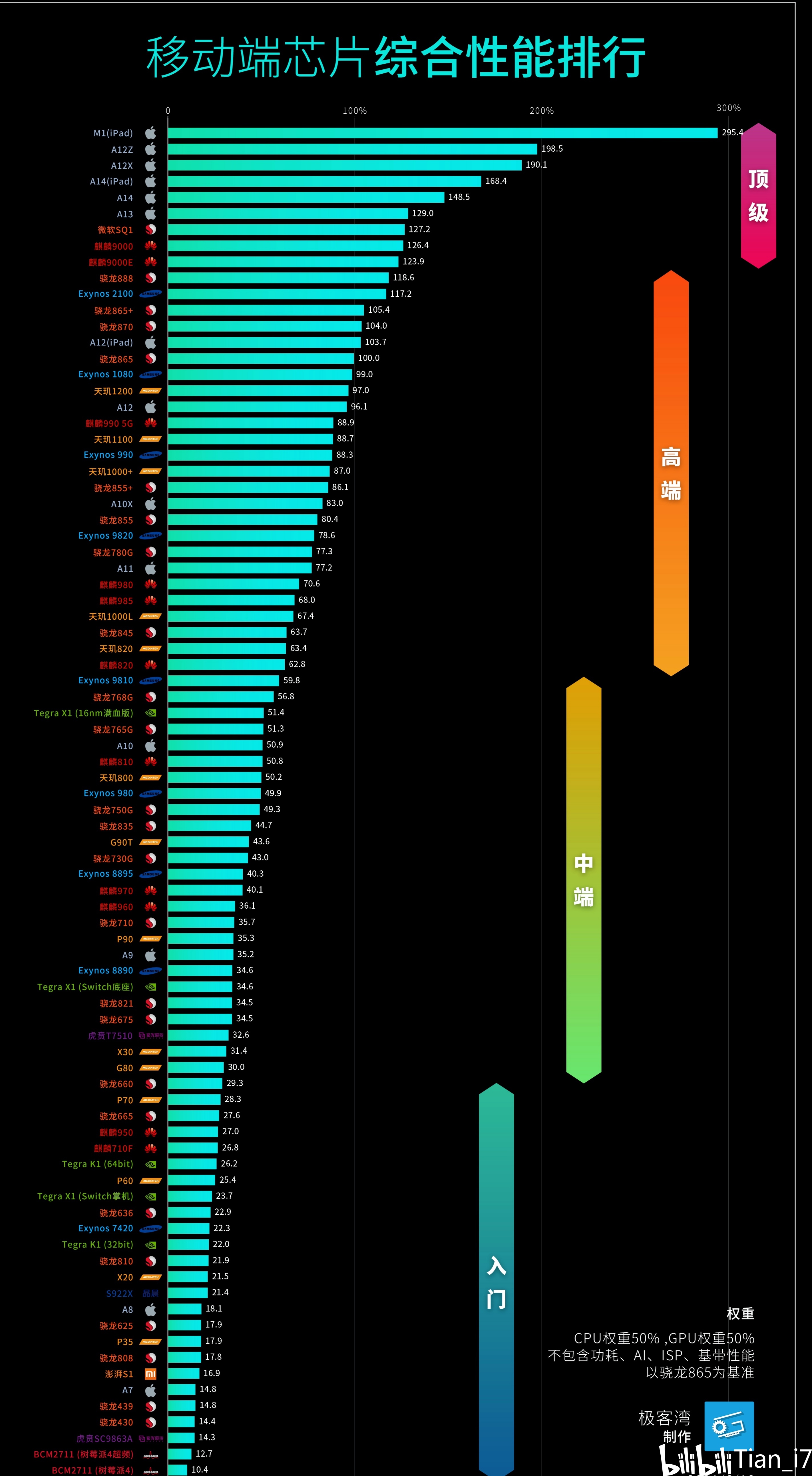Headline: "COVID-19: A Year in Review—A Global Health Crisis Unfolds Amidst Technological Advancements and Human Resilience"
In the annals of history, 2020 will be remembered as a year that forever altered the course of humanity. The COVID-19 pandemic, an unprecedented global health crisis, not only reshaped daily lives but also catalyzed a surge in technological innovations and human resilience. This English news report delves into the year's defining moments, the impact on healthcare systems worldwide, and the lessons learned that may guide us towards a more resilient future.
The Initial Outbreak and Global Response
The year began with whispers of a novel coronavirus outbreak in Wuhan, China, which quickly escalated into a global health emergency. On January 30, 2020, the World Health Organization (WHO) declared COVID-19 a pandemic, marking the beginning of a race against time to contain its spread. Governments implemented travel restrictions, lockdowns, and social distancing measures, disrupting economies and lifestyles.
Healthcare Systems Under Pressure
The pandemic exposed the fragility of healthcare systems in many countries. Hospitals struggled to manage a surge in cases, with intensive care units (ICUs) reaching capacity limits. Personal protective equipment (PPE) shortages and a lack of ventilators became critical issues, highlighting the importance of preparedness for future pandemics. In the United States, where the pandemic was particularly severe in its early stages, healthcare workers faced unimaginable challenges, with many risking their lives to save others.
Technological Innovations in Healthcare Delivery
Amidst the crisis, technology played a pivotal role in mitigating its impact. Telemedicine saw a remarkable surge, allowing patients to consult with doctors remotely, reducing the risk of infection transmission in hospitals. Digital health tools like mobile apps for symptom tracking, contact tracing, and vaccination scheduling became essential components of public health strategies. AI-powered algorithms assisted in analyzing vast amounts of data to predict outbreaks and monitor disease progression.
Vaccine Development: A Race Against Time
One of the most significant breakthroughs of 2020 was the rapid development of COVID-19 vaccines. Scientists around the world raced against the clock, utilizing advanced technologies like mRNA (messenger RNA) to create vaccines within record time. The first vaccines were authorized for emergency use by the end of 2020, marking a turning point in the pandemic's trajectory. Vaccine distribution, however, presented its own challenges, with logistical hurdles and hesitancy among populations complicating efforts to achieve herd immunity.
Economic Impact and Recovery Efforts
The economic fallout from the pandemic was profound. Businesses closed their doors, unemployment skyrocketed, and global trade came to a standstill. Governments introduced stimulus packages and central banks injected liquidity to cushion the blow. The International Monetary Fund (IMF) and other international organizations advocated for fiscal support and debt relief for developing nations. As 2021 dawned, efforts to revive economies centered on vaccine distribution, which was seen as a key to unlocking economic activity.
The Role of Science and Research
Science remained at the forefront of the fight against COVID-19. Researchers delved into understanding the virus's origins, transmission dynamics, and potential treatments. Studies on antibody therapies, antiviral drugs, and even potential cures using plasma from recovered patients provided hope for more effective treatments. The importance of basic science research was underscored as it illuminated areas for future interventions and preparedness.
Social Unrest and Mental Health Challenges
The pandemic also exposed deep-seated social inequalities and triggered widespread mental health issues. Protests against lockdown measures and economic injustices flared up in several countries, highlighting the need for balanced approaches to public health responses. The isolation and uncertainty caused by the pandemic took a toll on individuals' mental well-being, leading to a surge in cases of anxiety, depression, and substance abuse. Mental health services were scaled up globally to address these challenges.
Lessons Learned and Future Preparedness
As 2020 drew to a close, nations began to reflect on the lessons learned from the pandemic. The importance of investing in public health infrastructure, enhancing global cooperation through mechanisms like the WHO, and promoting scientific research were emphasized. The need for digital literacy and access to healthcare services was also recognized as crucial for future pandemics. Countries vowed to build back better, incorporating resilience into their healthcare systems and economies.
Conclusion: A New Normal Emerges
The COVID-19 pandemic has undeniably been a defining moment in modern history. It has tested humanity's limits but also demonstrated our capacity for innovation, compassion, and resilience. As we enter a new year marked by a more contagious variant of the virus, we must continue to learn from our experiences and adapt our strategies. The path ahead will require continued investment in science, technology, and public health infrastructure while fostering global cooperation amidst ongoing challenges. The COVID-19 pandemic has shown that while we may not be able to prevent all crises, we can certainly become better prepared for those that come our way.
转载请注明来自爬爬百科,本文标题:《COVID-19疫情,全球卫生危机改变日常生活,推动医疗创新》












 京ICP备11000001号
京ICP备11000001号
还没有评论,来说两句吧...